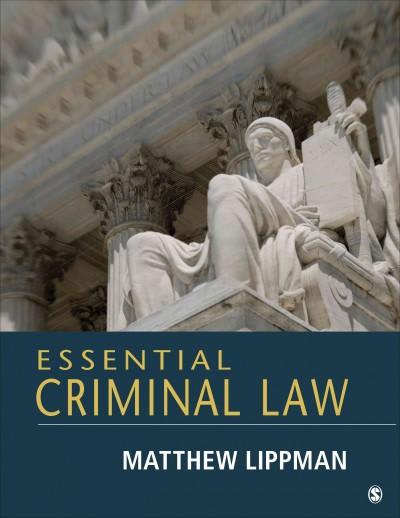Question
Please choose the correct answer, and give some explanations. Thank you! (Choose the correct letter in each number) A. Do the following acts require a
Please choose the correct answer, and give some explanations. Thank you! (Choose the correct letter in each number)
A. Do the following acts require a special power of attorney?
a. Yes. b. No.
1. To authorize a person employed to sell goods in a retail store
2. To waive any obligation gratuitously
3. To bind the principal to render some service without compensation
4. To make customary gifts for charity
5. To borrow money which is needed urgently for the preservation of the thing under administration.
6. To obligate the principal as a guarantor or surety.
B. In the following obligations, is the prinicipal liable? (In case of doubt, apply the general rule.)
a. Yes. b. No.
1. Expenses of the agent for advancing funds where there was a stipulation to do so
2. Contract in the agent's name, involving things belonging to the principal
3. Contract in excess of authority, subsequently ratified by the principal
4. Contract in principal's name, without his authority
5. Contract of a sub-agent who is insolvent
C. Determine what is being described.
a. Conventional redemption b. Equitable mortgage c. Legal redemption
1. After the sale, the vendor remains in possession of the subject property
2. Takes place when the vendor reserves the right to repurchase the thing sold, with the obligation to comply with the provisions of Article 1616 and other stipulations which may have been agreed upon
3. Sale with unusually inadequate purchase price
4. Pacto de retro sale
5. The right to be subrogated, upon the same terms and conditions stipulated in the contract, in the place of one who acquires a thing by purchase or dation in payment, or by any other transaction whereby ownership is transmitted by onerous title
6. Extension of redemption period after expiration
7. An equity of redemption in cases of judicial foreclosures
8. Redemption by an agricultural tenant of land sold by the landowner
9. Vendor binds himself to pay the taxes on the thing sold
Step by Step Solution
There are 3 Steps involved in it
Step: 1

Get Instant Access to Expert-Tailored Solutions
See step-by-step solutions with expert insights and AI powered tools for academic success
Step: 2

Step: 3

Ace Your Homework with AI
Get the answers you need in no time with our AI-driven, step-by-step assistance
Get Started


